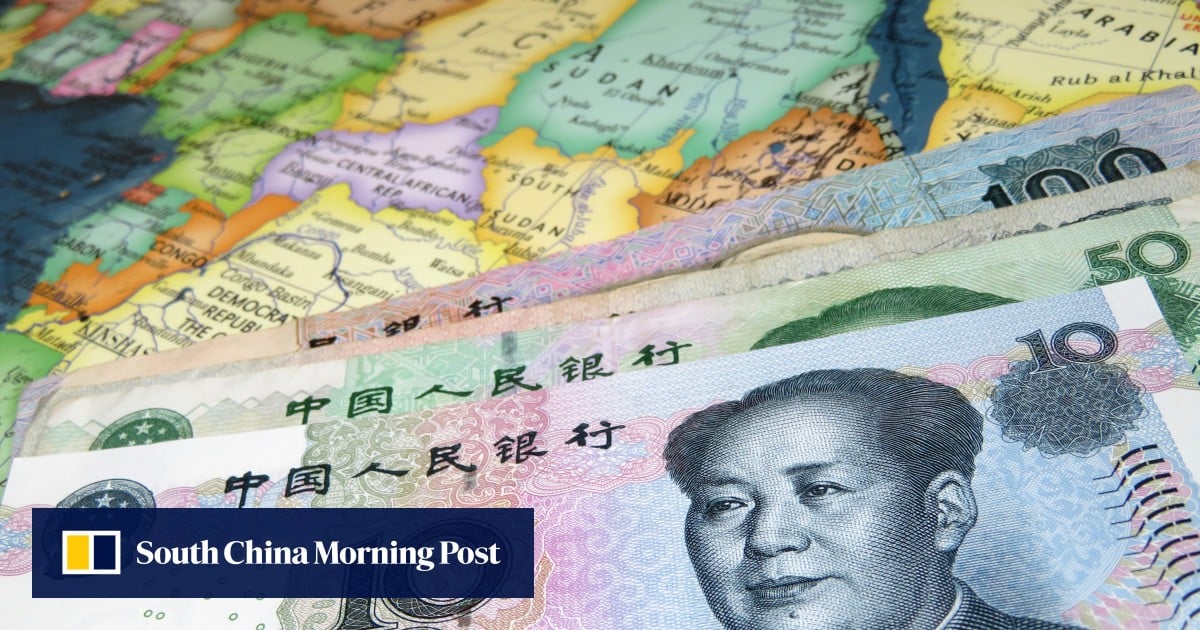China’s state-owned Bank of China (BOC) set up its first African subsidiary in Zambia, offering Chinese citizens and firms in the mining sector the ability to make deposits and withdrawals in Chinese yuan. The bank recently declared its intention to boost the use of the yuan for trade and economic activities in Zambia and other African nations. As a part of this initiative, BOC’s vice-president visited Zambia to discuss the establishment of holistic products and services related to the Chinese currency to promote its use in bilaterally with not only Zambia but also other African nations. Additionally, China’s second-largest copper producer, Zambia, has faced considerable financial challenges, especially in connection to its default on foreign debt in 2020. China has previously helped Zambia restructure its debts, and the two countries agreed to trade more using their respective currencies.
In an effort to reduce its vulnerability to financial sanctions from the West, China is pushing for greater use of the yuan in international trade. This tactic is part of China’s broader strategy to gain more foreign policy flexibility and to shift currency risk onto its trading partners. This strategy is gradually gaining traction across various African nations, prompting local currency use and issuance of yuan-denominated bonds. It also aligns with the de-dollarization strategy that is being deployed globally, with a view to stemming local currency depreciation and exchange rate risks.
Looking ahead, China is expected to aggressively push for more trade and debt to be issued in its currency, with potentially more infrastructure initiatives to strengthen financial connections between mainland China and African nations. As more countries turn towards increased yuan usage, Beijing’s influence in international finance and trade is only expected to grow, marking a significant shift in the global economic landscape.
